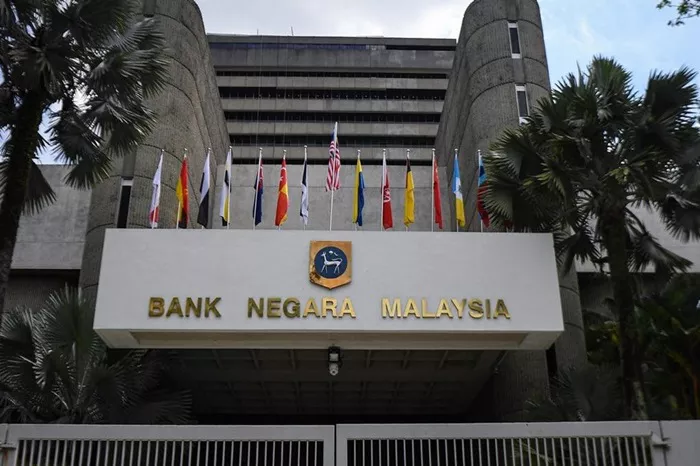Taiwan plans to revise its National Health Insurance Drug Reimbursement Guidelines (NHIDRG) to mitigate the potential impact of US tariffs on the supply and cost of medicines. The government’s move aims to encourage domestic pharmaceutical production and ensure continued access to affordable drugs amid fluctuations in exchange rates and rising costs tied to the new tariffs.
Taiwan’s Health Minister, Qiu Tai-yuan, announced that the changes are expected to be implemented by the end of April this year. The revisions will offer preferential pricing approvals for domestically produced generic and biosimilar drugs. If current pricing fails to cover production costs, pharmaceutical companies will be allowed to request price adjustments under the NHIDRG.
Official data shows that Taiwan holds 11,454 valid drug licenses, with 73% of these licenses pertaining to domestically produced drugs and 27% to imports. While US-made drugs make up just 2% of the imported drug licenses, they represent critical categories such as human blood products, anti-cancer medications, and drugs for the nervous system. The new US tariffs could disrupt Taiwan’s access to these essential medications, especially those without generic alternatives.
The National Health Insurance Administration (NHIA) expressed concerns that any increase in pharmaceutical costs could negatively affect Taiwanese citizens, as the National Health Insurance (NHI) scheme does not cover many of the crucial drugs imported from the US. Additionally, Taiwan imports three types of specialized medical equipment from the US, which are rare and difficult to replace, according to the NHIA.
Despite these challenges, the government does not anticipate immediate drug shortages and is taking proactive steps to create a reserve of medicines to ensure the continuity of supply in the event of any disruptions.
Related topic:
Optio Finalizes Acquisition of Norwegian Specialty MGA S Insurance
Thailand Regulator Moves to Expedite Earthquake Damage Assessments
China Launches WeChat Service to Combat Medical Insurance Fraud
















